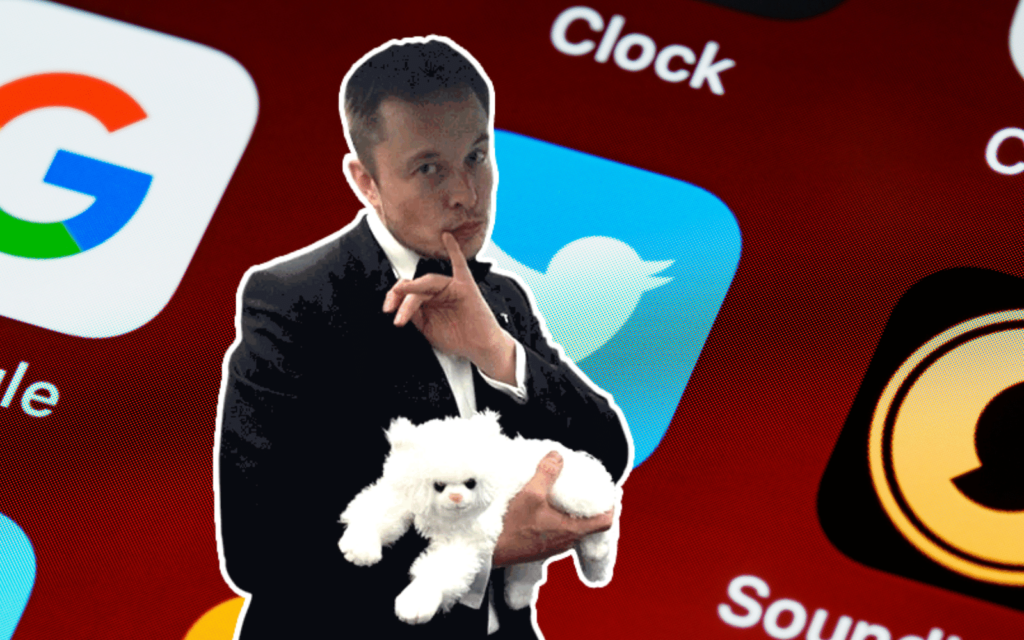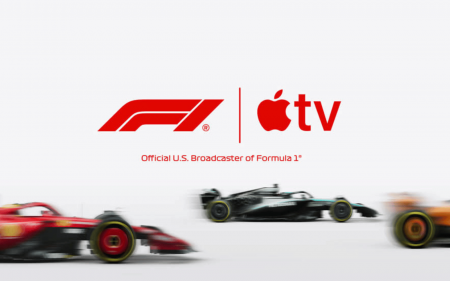It doesn’t get any weirder than this. As part of Elon Musk’s ongoing legal wranglings with Twitter – which he offered to buy for $44bn and is now trying back out of – the billionaire’s legal team tried to prove his contention that it has more than 5% spam bots. This figure is in Twitter’s legal filings and is the fulcrum through which Musk is hoping to walk away from the deal – especially given Twitter has lost over $20bn in value since his April offer.
Musk claims these bots are more likely 10% of Twitter’s 229 million daily active users, and that 65 million of those daily users did not see adverts. Advertising is how the social platform makes its money.
“Twitter was miscounting the number of false and spam accounts on its platform, as part of its scheme to mislead investors about the company’s prospects,” Musk’s lawyers claim. “Twitter’s disclosures have slowly unraveled, with Twitter frantically closing the gates on information in a desperate bid to prevent the Musk parties from uncovering its fraud.”
To prove this Musk and his lawyers used an algorithm created by Indiana University called Botometer, which measures “inauthentic” accounts.
But Twitter responded that this Botometer is unreliable in its legal reply. To prove this, the social platform ran Musk’s own Twitter account through the algorithm, which concluded that @elomusk is “highly likely to be a bot”.
Guess who had the last laugh in that exchange.
Really, Elon?
The problem for Elon Musk – who is going up against Twitter on 17 October in what is already shaping up to be a blockbuster trial – is that he’s effectively saying he was duped by the social network, which he made a binding offer for. The Pretoria schoolboy acted with, what at the time, seemed like undue haste when he made that offer and he waived his rights for due diligence. Additionally, it seems highly implausible that the richest person in the world and founder of the SpaceX space company, Tesla electric car firm, and early pioneer in digital payments as PayPal co-creator could be so naïve.
“According to Musk, he — the billionaire founder of multiple companies, advised by Wall Street bankers and lawyers — was hoodwinked by Twitter into signing a $44bn merger agreement. That story is as implausible and contrary to fact as it sounds,” Twitter said in its replying legal filing.
That is what I find the most remarkable: this truly remarkable South African, who has been at the forefront of so much amazing and necessary change in the world, paints himself as the injured party in what is a mess entirely of his own making.
That’s no bull
His filing claims that “as a long bull market was coming to a close, and the tide was going out, Twitter knew that providing the Musk parties the information they were requesting would reveal that Twitter had been swimming naked”.
But Twitter counters that Musk hasn’t provided “a shred of evidence” for his “fact-free” claims.
The most worrying aspect, which Musk seems oblivious to, is how it has affected his own reputation as “the billionaire founder of multiple companies,” as Twitter puts it. In May, his response to Twitter CEO Parag Agrawal’s thread explaining its 5% spam figures was a poop emoji. Not very presidential, nor the kind of message you’d expect from the owner of a social network.
Musk has 102 million Twitter followers – meaning nearly half of its daily users follow him – but former US president Barack Obama still has the most, with 132 million.
“I do understand the product quite well, so I think I’ve got a good sense of where to point the engineering team at Twitter to make it radically better,” Elon Musk said this month.
What he doesn’t seem to comprehend is how this unseemly public slogging match is hammering his once imperious perception as a brilliant businessman. He should have just paid the $1bn breakup fee and saved himself not only this hassle but the embarrassment.
This column first appeared in Daily Maverick




